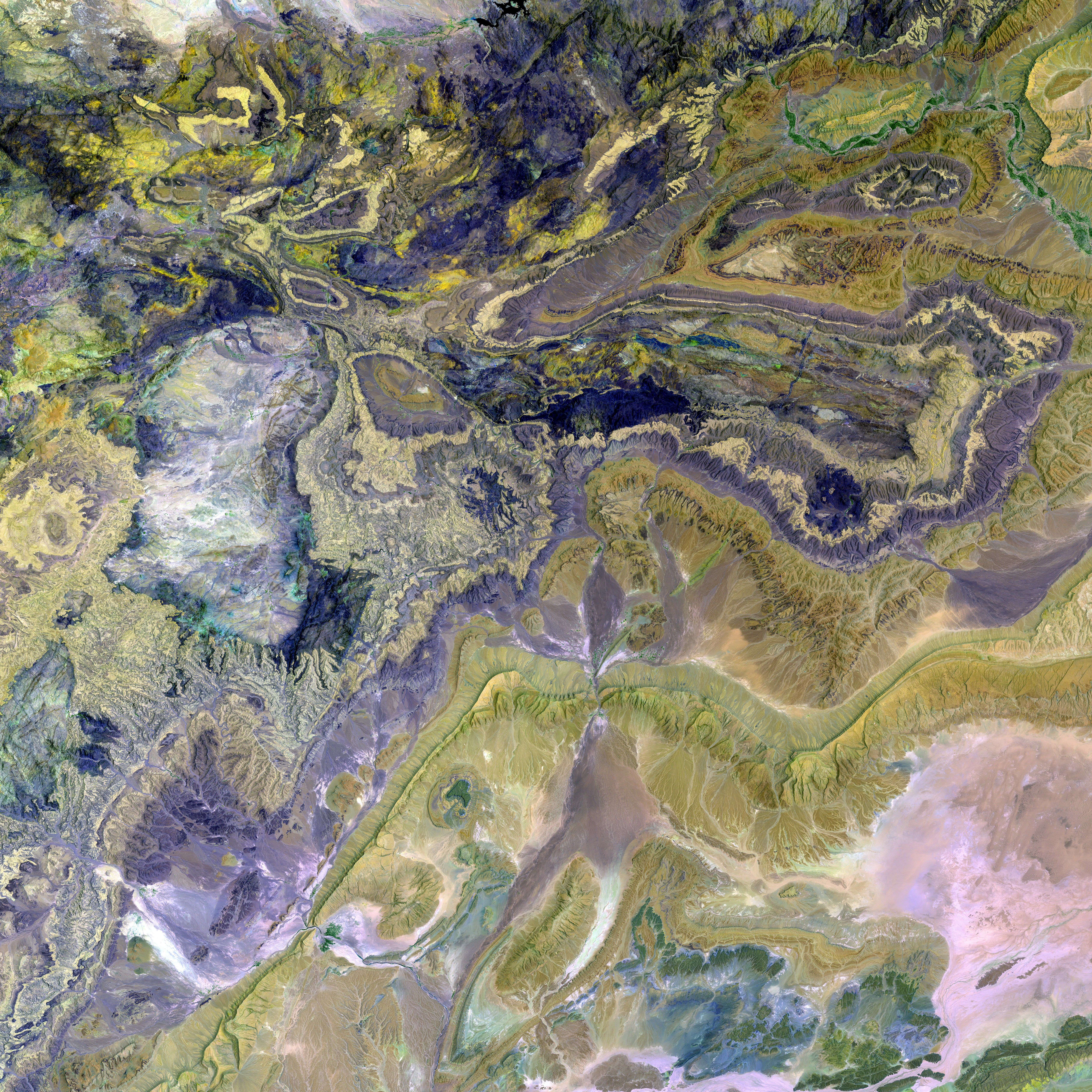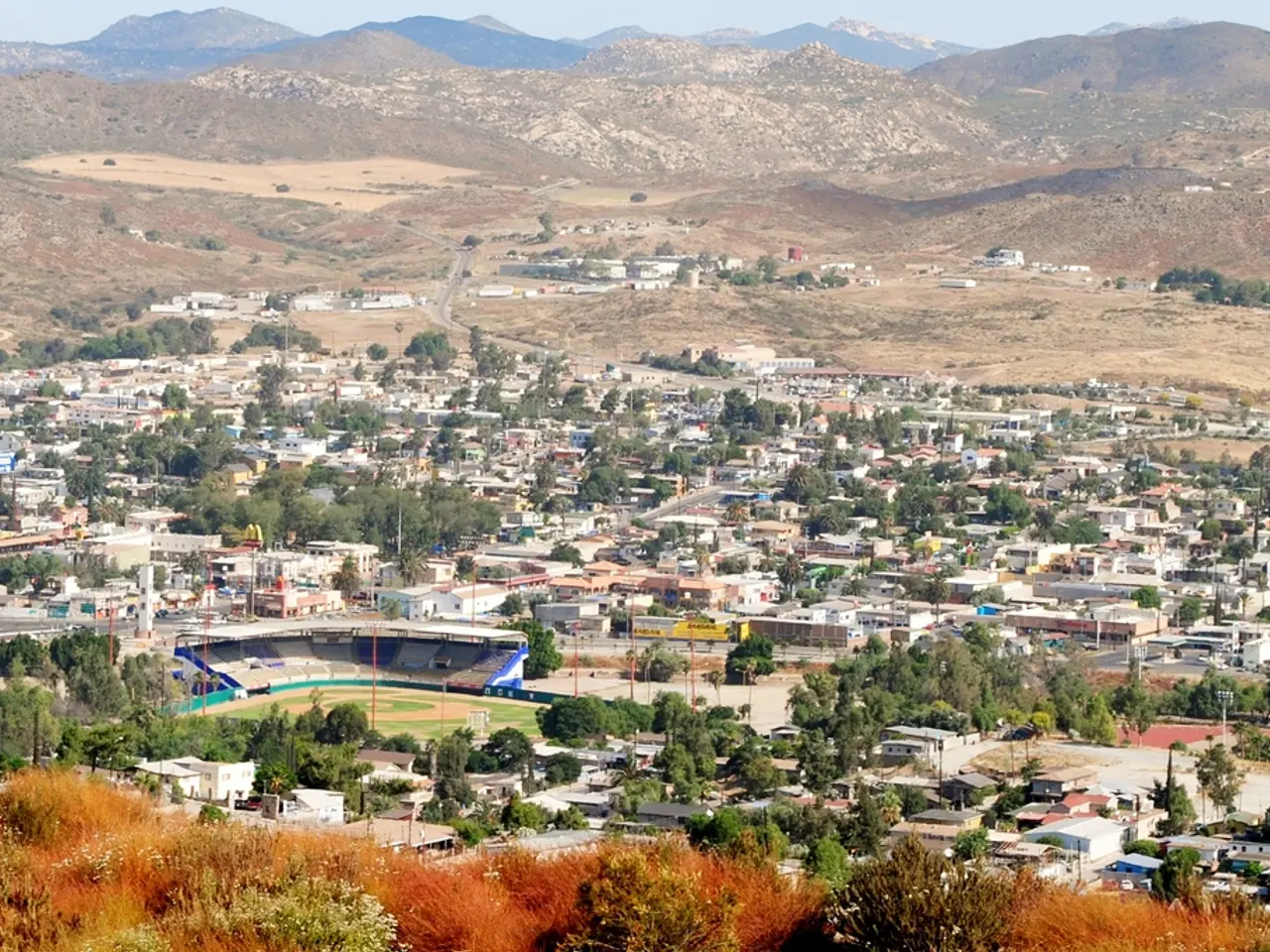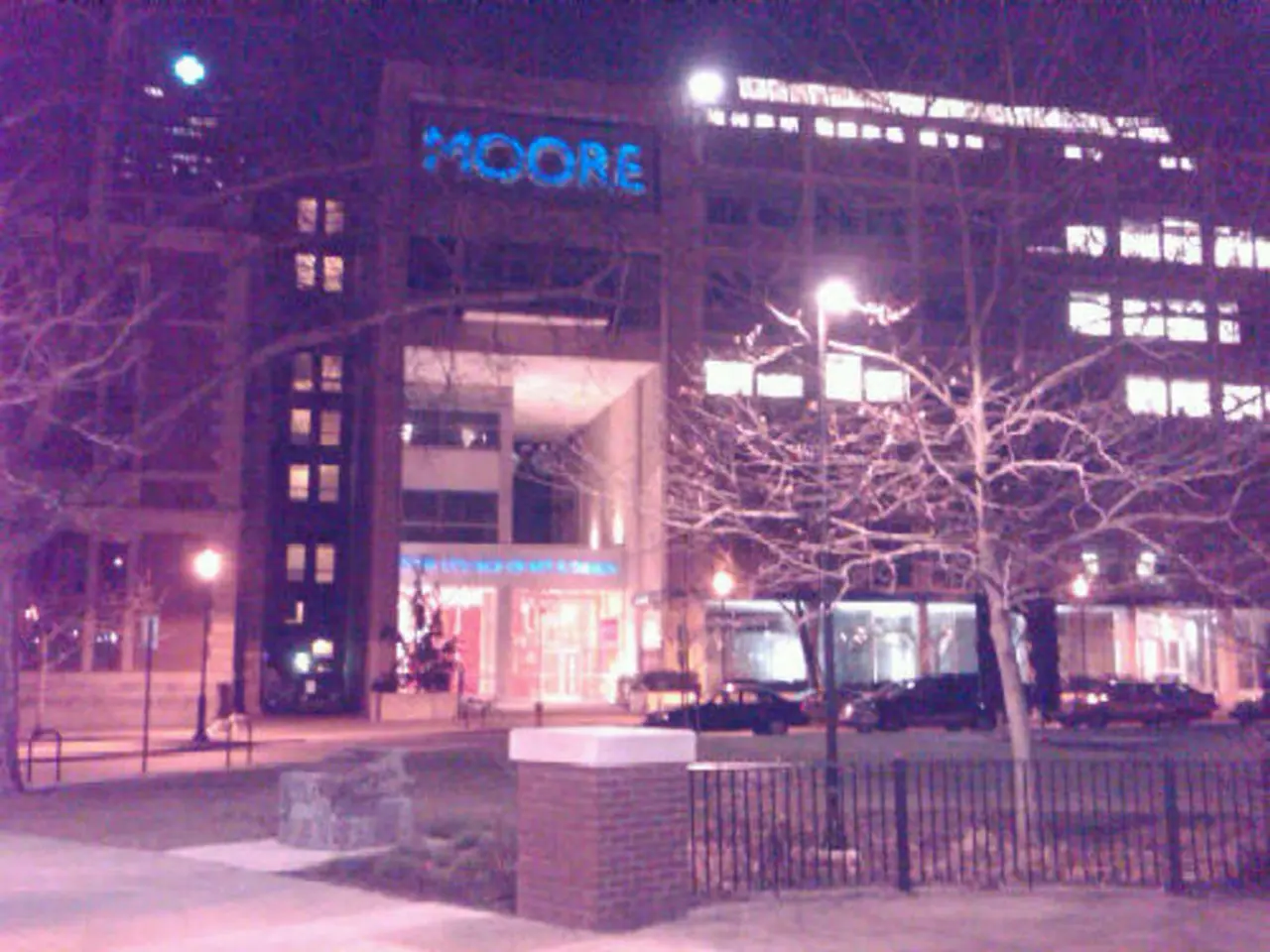World Championship Ice Hockey: Longer Intermissions to Fix Ice Fiasco
Due to icy conditions, the World Federation has expanded its pause intervals. - Post-Ice Issues: World Federation Prolongs Third Provision
Ice issues at the International Ice Hockey Federation (IIHF) World Championship tournament in Herning, Denmark, have become a nuisance, resulting in extended intermissions to correct the problem. With each break now lasting an additional two minutes, totaling 17 minutes, the move aims to ensure the ice is properly frozen and hardened after resurfacing. "We're confident this will significantly improve consistent ice quality in Herning," the federation shared.
During Germany's 5-2 win against Norway on Tuesday, the game was paused twice due to a gigantic hole in the ice. Post-match, German players criticized the ice's shoddy condition, already suboptimal for competition. NHL goaltender Philipp Grubauer, who had advocated for this measure, welcomed the federation's decision to extend intermissions.
Up next: Switzerland
Germany's national team squares off against reigning vice-world champion Switzerland today in Herning (4:20 PM/ProSieben and Magentasport). So far, the team, led by head coach Harold Kreis, has won all three of its games.
- Frustration with ice conditions
- IIHF response
- Herning World Championship
- Ice surface
- Game pauses
It's evident that poor ice surface conditions, including holes, have been a reoccurring issue at the tournament. For instance, during a game at the Jyske Bank Boxen arena, Norwegian player Markus Vikingstad fell through the ice, which had sustained noticeable damage. This led to a whopping 20-minute game interruption while repairs were carried out. Players and teams alike, including Norwegians and Germans, have voiced concern over ice quality. Tim Stützle commented, "I've never seen anything like that". Demanding competent ice maintenance, they hope for things to improve. Ice repair efforts, however, haven't seemed to fully address the issue thus far, causing further disruption and fan disapproval.
While the International Ice Hockey Federation (IIHF) hasn't explicitly detailed their actions or policies implemented during the Herning championship, standard IIHF responses in such situations usually involve engaging professional ice masters to ensure ice quality, monitoring ice temperature and humidity levels to prevent melt or damage, and instituting emergency repair protocols during games to quickly address ice hazards. However, there's no conclusive evidence of these specific measures being implemented in the context of the Herning tournament from the current sources available.
- In light of the persistent ice quality issues at the Herning World Championship, the Community policy and Employment policy of the International Ice Hockey Federation (IIHF) should be reviewed to ensure proper ice maintenance and account for emergency repairs during games.
- To further address the suboptimal ice conditions, the federation might consider implementing stricter monitoring of ice temperature and humidity levels, as well as hiring additional professional ice masters to ensure a competent response, following their standard Employment policy guidelines.







